Gerd Gigerenzer, director of the Max Planck Institute in Germany, offers a brightly written guide to better decision making. He reports a widespread lack of “risk literacy,” and says that confusion over probabilities is pervasive among average people as well as among professionals in many fields, including medicine and investment management. He recommends using heuristics, or rules of thumb, to derive the best solutions for problems with unknown risks and he cautions that complicated solutions seldom fix complex problems. Gigerenzer also discusses why you can grant more credence than you might think to both trust and intuition. getAbstract recommends this intelligent overview to everyone who wants to make better decisions and cope with risk more skillfully – and especially to investors, students, entrepreneurs and cancer patients, who may take a keen interest in what Gigerenzer says about probabilities.
Uncertainty and Heuristics
Probabilities and risk assessment confuse many decision makers. Consider weather reports. If the chance of rain tomorrow is 30%, is rain probable during 30% of the day (7.2 hours), or in 30% of the area the forecast covers, or on 30% of the days to which such forecasts apply? People have misunderstood weather forecasts since weather broadcasts began in 1965. Such confusion over probabilities extends to many realms of risk, including medicine and finance.
People who crave certainty tend to ignore or dismiss uncertainty. But, certainty is an illusion. No one has perfect knowledge of the world. As people seek certainty, they popularize various dubious belief systems, including divination and astrological predictions. The Internet and other modern technology may support new belief systems that increase “apparent certainty.” For instance, modern testing for genetic information and for disease markers like HIV inspires “blind faith in tests.” Embracing new technology “is one thing. Believing that it delivers certainty is another.” Insurers, investment managers and other “manufacturers of certainty” market the myth that the future is predictable...
Gerd Gigerenzer, the director of the Max Planck Institute for Human Development in Berlin, also wrote Gut Feelings.








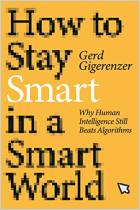
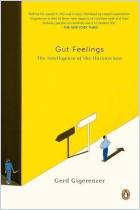
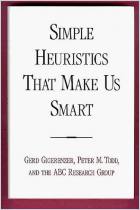

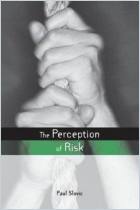
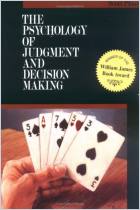
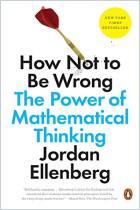
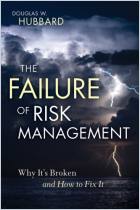
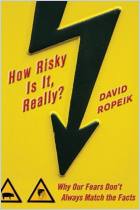







Comment on this summary or Démarrer une discussion